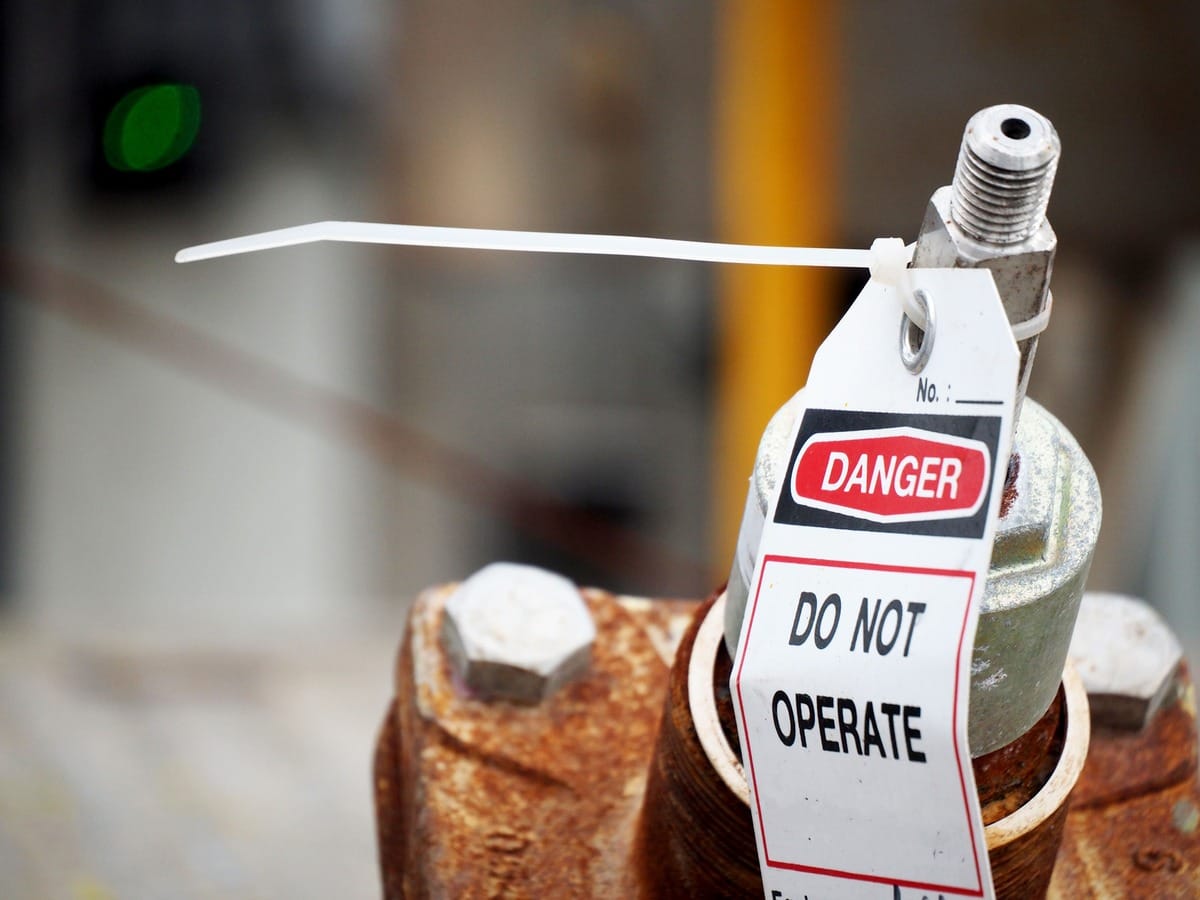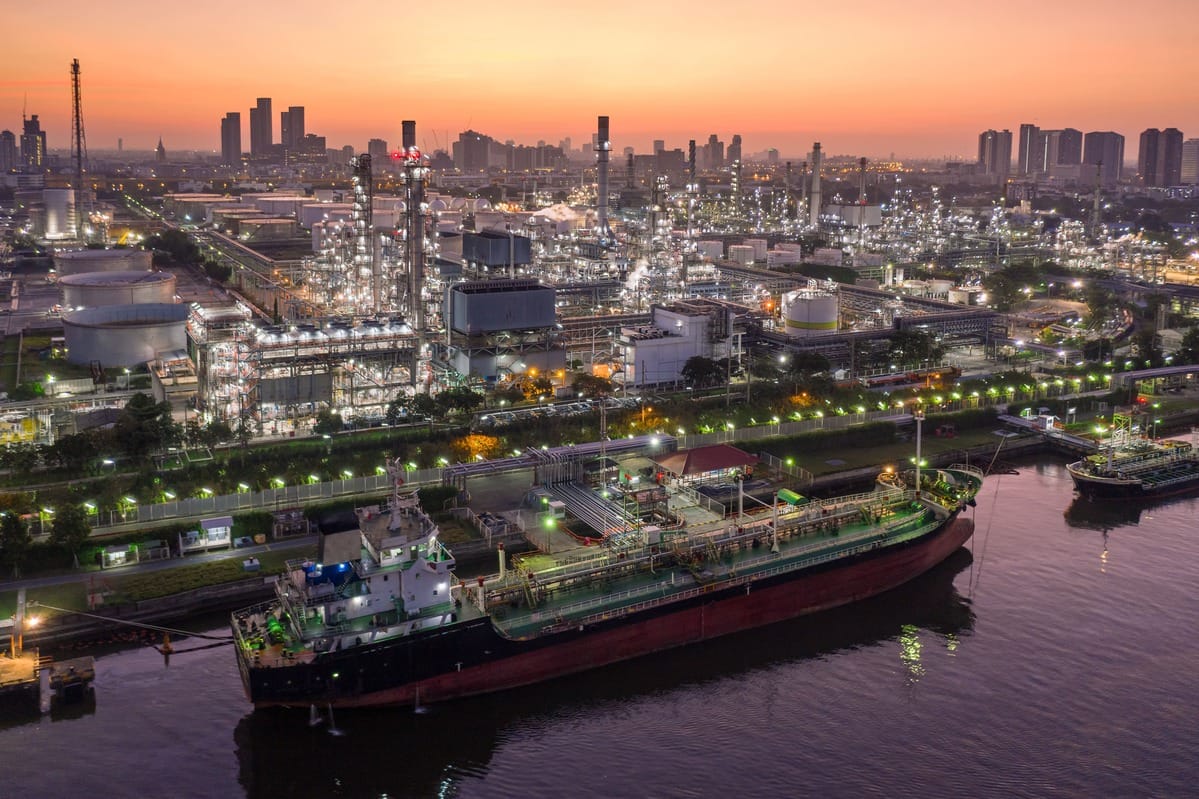Swiss marine power company WinGD has achieved a significant milestone with its on-engine NOx abatement solution, securing type approval for
Swiss marine power company WinGD has achieved a significant milestone with its on-engine NOx abatement solution, securing type approval for commercial deployment. The integrated Selective Catalytic Reduction (iSCR) system, the only on-engine NOx reduction solution for marine two-stroke engines, will be deployed on commercial vessels for the first time. This development marks a major step forward in emission control technology for marine engines, providing shipowners with an efficient and flexible compliance solution for IMO Tier III regulations.
Successful Testing at MESDU Facility in Japan
The type approval follows rigorous testing at the Mitsui E&S DU (MESDU) Co’s factory in Aioi, Japan. The system was tested on three WinGD 5X52-S2.0 engines, which are being built for bulk carriers under construction at a Japanese shipyard. The approval also comes after more than two years of operational experience with a prototype version, proving the reliability and effectiveness of the technology in real-world conditions.
The latest version of WinGD’s iSCR solution includes key improvements:
- Reduced material and production costs, making the system more cost-effective for shipowners.
- A heating unit, enabling operation with heavy fuel oil.
- Design modifications to minimize ammonia slip, enhancing environmental performance.
Industry Recognition and Classification Approval
The official testing, conducted on January 16th, was witnessed by representatives from eight leading classification societies: ABS, BV, CCS, DNV, KR, LR, ClassNK, and RINA. This widespread recognition underscores the system’s compliance with international standards and highlights its viability for commercial deployment.
Advantages of WinGD’s iSCR Technology
WinGD’s on-engine NOx abatement system presents several advantages over traditional off-engine SCR solutions:
- Enhanced Flexibility: The on-engine placement reduces the need for extensive off-engine equipment, offering greater flexibility in engine room configuration and overall ship design.
- Simplified Installation & Commissioning: Unlike low- or high-pressure SCR units that require separate installation and testing, iSCR can be tested alongside the engine prior to installation, streamlining the process.
- Optimized Performance: The system utilizes optimized exhaust flow management and engine waste heat, creating ideal conditions for effective NOx reduction.
According to Peter Krähenbühl, Vice President Product Centre at WinGD,
“WinGD’s unique on-engine NOx abatement solution secures IMO Tier III compliance while giving operators greater flexibility in engine room configuration and ship design. This new iteration further reduces the cost impact of NOx abatement and improves the efficiency of treatment with both existing and emerging fuels.”
Future Expansion and Market Adaptation
Currently, the iSCR system is available as an option for WinGD’s 52- and 62-bore engines, including short-stroke variants. It supports a range of fuels, including fuel oil, ammonia, and methanol, aligning with the industry’s transition toward alternative marine fuels. WinGD has indicated that expansion to additional engine models will be evaluated based on market demand, further solidifying its commitment to sustainable marine propulsion solutions.
Implications for the Bunkering Sector
The adoption of WinGD’s iSCR technology presents new opportunities for the bunkering industry. With growing interest in ammonia and methanol as marine fuels, integrated NOx reduction solutions will be essential for ensuring compliance while supporting the industry’s broader decarbonization efforts. Bunker suppliers and fuel producers may need to adapt to emerging demand trends driven by the uptake of these next-generation propulsion systems.
As the maritime sector continues its transition towards cleaner fuels and stricter emissions regulations, innovations like WinGD’s on-engine iSCR solution play a crucial role in shaping the future of sustainable shipping. The successful deployment of this technology marks another step forward in reducing the environmental impact of the global fleet while maintaining operational efficiency and regulatory compliance.
About WinGD
WinGD is driving the decarbonization of marine transportation with cutting-edge sustainable energy systems. Their technologies focus on emissions reduction, fuel efficiency, hybridization, and digital optimization. With a legacy tracing back to 1893 as the Sulzer Diesel Engine business, the Winterthur, Switzerland-based company remains a global leader in two-stroke low-speed engines. As part of the CSSC Group, WinGD is committed to enabling a sustainable future in maritime operations.
Source WinGD
Content Original Link:
" target="_blank">


























































